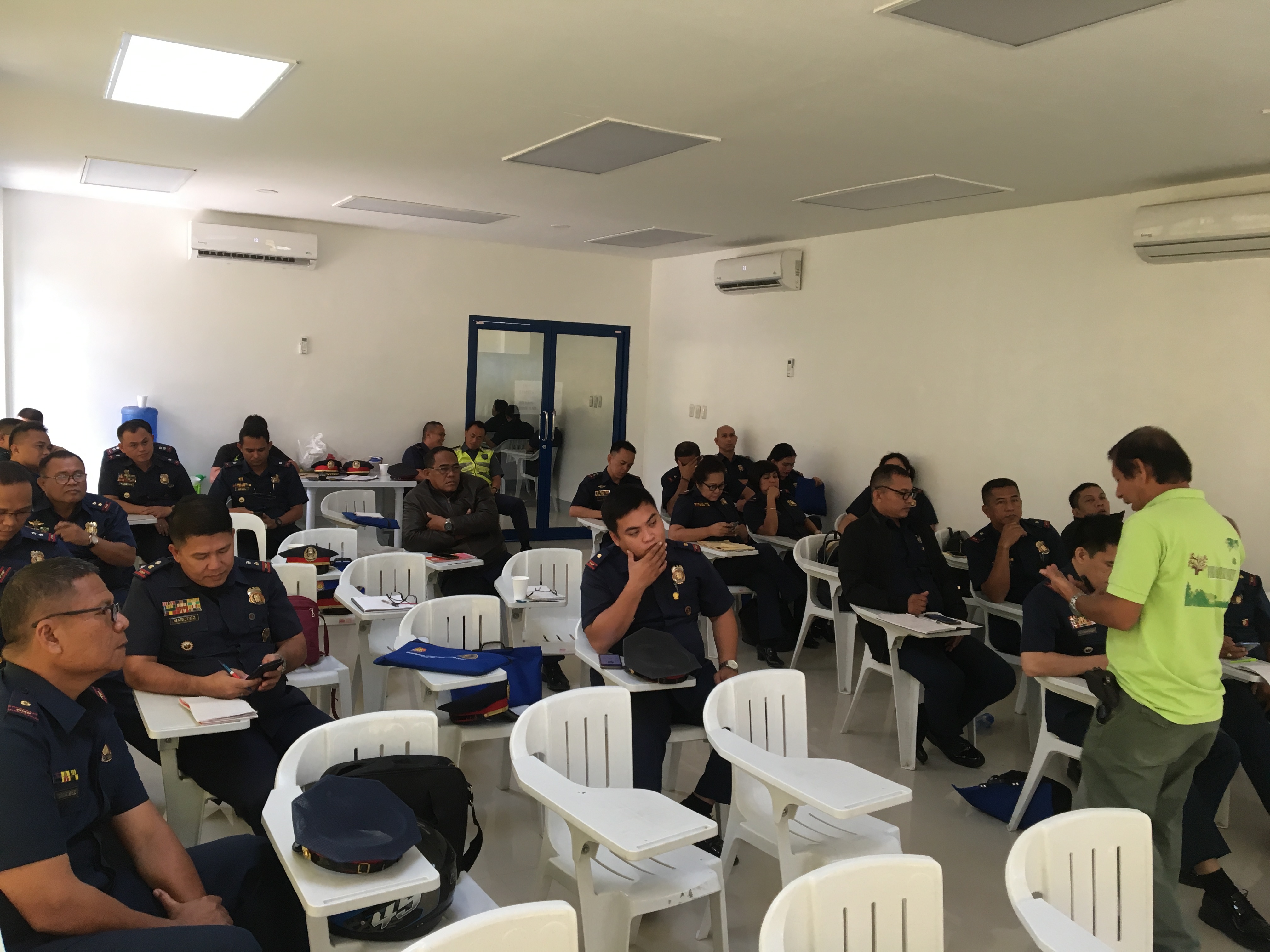To help curb mineral theft and exploitation of mineral resources in the region, at least 50 police officials were given a refresher course of the Philippine Mining Laws to aid enforcement.
During the Investigation Officers Basic Course for the Police Commissioned Officers (PCOs) from different units of the Police Regional Office – 7, National Support Units, and Armed Forces of the Philippines, government policies on mining and quarrying were given utmost importance.
On February 1, at least 50 police investigators were educated on the importance of a properly regulated mining industry that is aided by a well-enforced Republic Act No. 7942 also known as the Philippine Mining Act.

Engineer Edgardo M. Oporto of the Mine Management Division and Marian Christie Z. Codilla, Information Officer of MGB-7 discussed the various permits given to any person or corporation starting from the exploration stage up to the stage of mineral processing and transportation.
The enforcers were also educated about prohibited areas for mining including those areas covered by the National Integrated Protected Areas System (NIPAS) Act, military and other government reservations, historical sites, within a one-kilometer distance from bridges and highways, waterways, government infrastructure projects, among others.
Other laws involving the mining tenement regulation such as other Environmental Laws, Small-Scale Mining Law, Clean Air Act, Water Code of the Philippines, Indigenous Peoples Rights Act, the Local Government Code of the Philippines, and Executive Order 79 were also discussed.
Provisions of EO 79 institutionalizes and implements reforms in the country’s mining sector, that consider both the economic growth and environmental protection.
Theft of minerals is a criminal act. Anyone proved to have extracted and disposed minerals without mining agreement, lease permit, and licenses from the government may be criminally charged.
“The fight against illegal mining and quarrying lies on the concerted effort of the Department of Environment and Natural Resources through the Mines and Geosciences Bureau and other enforcement agency in the local government,” Oporto told the police officials who attended the training.






